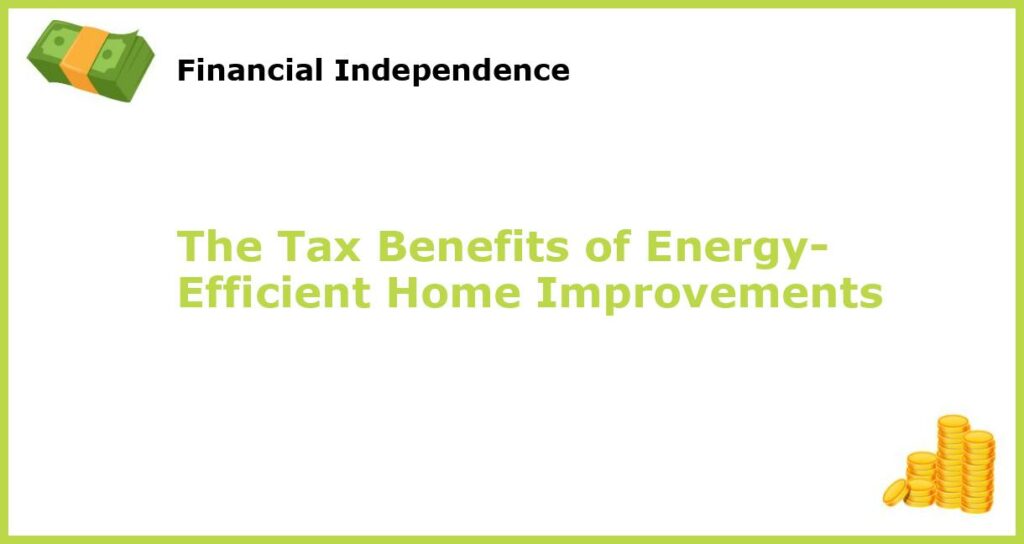Let’s face it, owning a home can be an expensive venture. One of the most significant challenges many homeowners encounter is keeping up with energy bills. It can be a daunting experience, especially during the winter months, when heating expenses become a significant financial burden on your monthly budget. One strategy many homeowners are adopting to curb their energy expenses is making energy-efficient home improvements. These home improvements come with a host of benefits beyond lowering your energy bills. In this article, we will discuss the top ten tax benefits of energy-efficient home improvements.
1. Lower Energy Bills
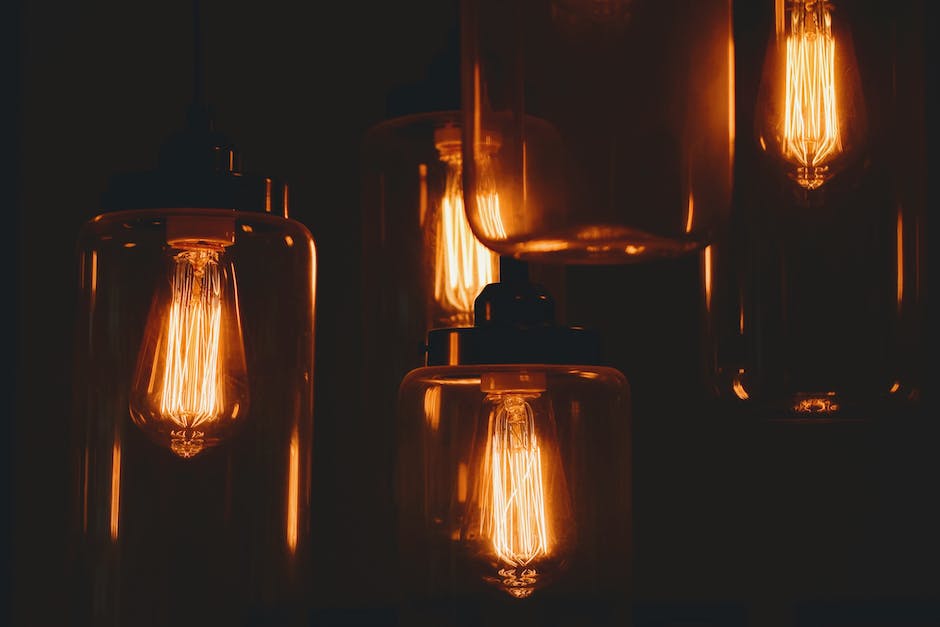
Making energy-efficient home improvements is one strategy that many homeowners are adopting to cut their energy expenses. Simple upgrades such as replacing traditional light bulbs with LED lights or upgrading to energy-efficient appliances such as washing machines or refrigerators can dramatically reduce your energy consumption. Reducing your energy consumption translates to lower utility bills, which is a win for you as a homeowner. Upgrading to better air conditioners that let you get more control over the temperature in each room of the house is another great way to save on your energy bills.
2. Federal Tax Credits
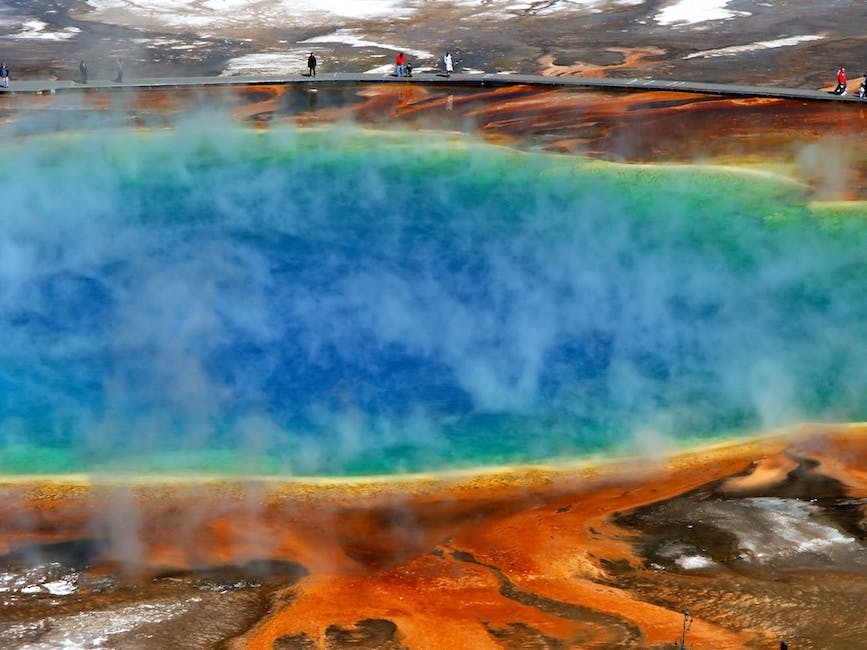
Homeowners who install energy-efficient systems in their homes can benefit from federal tax credits of up to 30% of the cost of the improvements. These credits can be claimed when you file your income taxes. Examples of home improvements that qualify for federal tax credits include solar panels, geothermal heat pumps, and energy-efficient windows and doors. By utilizing these tax credits, homeowners can reduce the overall cost of installing these energy-efficient systems in their homes.
3. State and Local Tax Credits
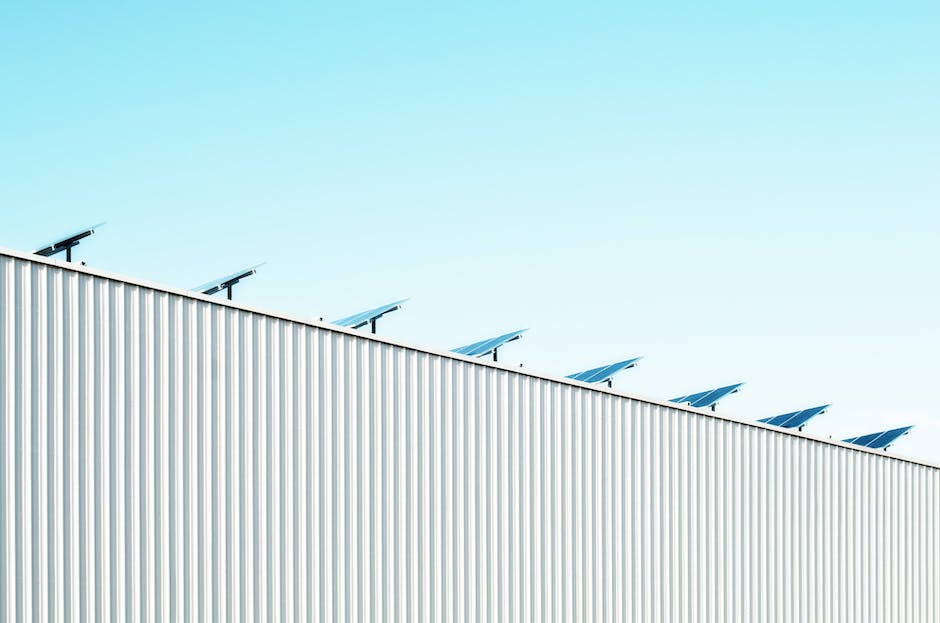
Besides the federal tax credits for energy-efficient home improvements, homeowners are encouraged to explore state and local tax credits. Various states have different tax incentives for homeowners who make energy-efficient home improvements. These credits can cover a variety of improvements, such as insulation, heating and cooling systems, and water heaters. It is imperative to know the specific policies and regulations that govern your state to take full advantage of any tax benefits.
4. Increased Property Value
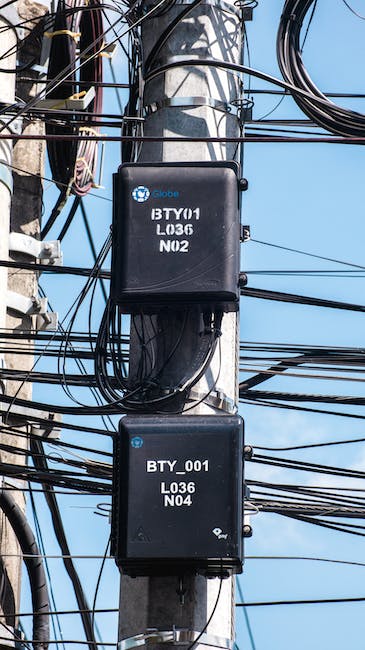
Did you know that energy-efficient upgrades in your home could lead to an increase in your property value? Homebuyers are often attracted to homes that have lower energy bills and are environmentally friendly. Investing in energy-efficient systems can also make your home more attractive to buyers, leading to a quicker sale.
5. Reduced Carbon Footprint
Another advantage of making energy-efficient improvements to your home is reducing your carbon footprint. Homes contribute significantly to greenhouse gas emissions, which harm the environment. By reducing your energy consumption, you can play a vital role in curbing these emissions and helping the environment.
6. Improved Comfort
Home energy efficiency improvement projects do not only guarantee lower energy bills but improved comfort. Upgrades such as insulation can help regulate the indoor temperature, keeping your home warmer in the winter and cooler in the summer comfortably. High-efficiency windows can also reduce drafts and block noise from outside, resulting in a more comfortable indoor living environment.
7. Improved Air Quality
Energy-efficient upgrades can lead to improved air quality in your home. By upgrading to high-efficiency air filters, you can reduce the number of pollutants and allergens in your home. Additionally, replacing your furnace and air conditioner can also improve the quality of the air you breathe indoors.
8. Long-Term Savings
While energy-efficient home improvements may seem costly upfront, they lead to long-term savings that outweigh the initial investment. Upgrades such as insulation and HVAC systems can have a long lifespan, resulting in lower energy bills for years to come. Additionally, energy-efficient appliances are designed to last longer than traditional appliances, resulting in fewer maintenance and repair costs down the road.
9. Improved Health
By upgrading your home’s energy efficiency, you can also improve your health. Improved air quality can lead to fewer allergies and asthma symptoms by reducing the number of allergens and pollutants in your home. Additionally, upgrading to more energy-efficient heating and cooling systems can reduce the risk of carbon monoxide poisoning, a severe health hazard.
10. Help Support Renewable Energy
Congratulations! By upgrading your home to have energy-efficient systems, you are also supporting renewable solar energy sources. Solar panels are one of the popular energy-efficient upgrades that allow homeowners to generate their electricity. By reducing their reliance on traditional energy sources, they contribute to the increased use of renewable energy sources while reducing carbon emissions.

